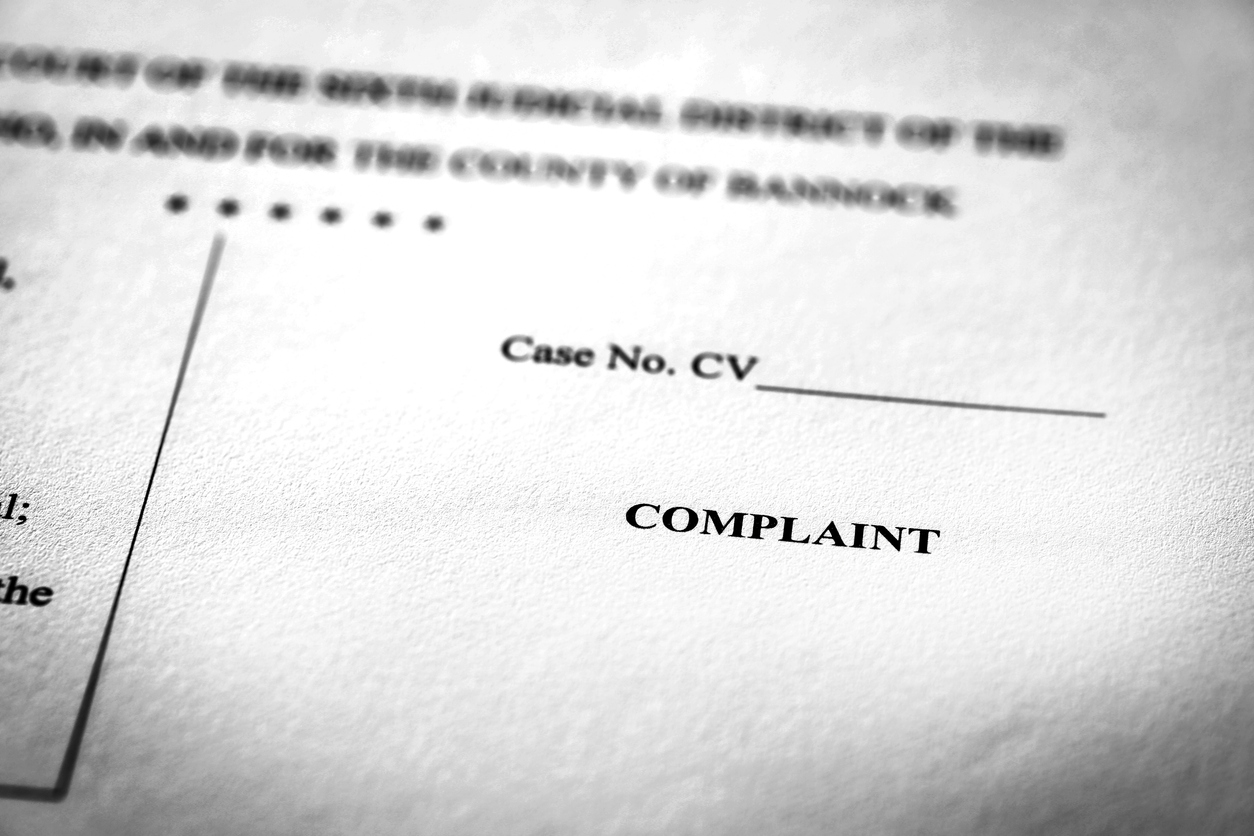Public insurance adjusters are hated by most insurance companies. Many insurance claim executives and adjusters have told me in candid moments they believe that many public adjusters engage in borderline, if not outright, fraudulent activity to increase the amount of the claim. Those same claims executives and adjusters are upset when we prove their insurance company representatives improperly handled a claim. Still, there are instances where public insurance adjusters act improperly and illegally.
For example, on October 23, 2008, a criminal complaint was filed against a group of public adjusters and their clients for arson related offenses. An affidavit indicated that Carlos Stewart, a public insurance adjuster from Florida Claims Experts, agreed to burn down a house insured by State Farm. According to the affidavit, everything was agreed to and captured on an audio recording. It appears this was not the first time, and, if the allegations prove to be true, you can bet there will be some discussion about giving up others for leniency at the time of sentencing.
The insurance industry claims billions of dollars are lost as a result of insurance fraud. They insinuate that their otherwise honest customers become crooks at the time a loss occurs. If that were true, insurance would be the most socially defective product ever imagined and marketed.
It has been our experience that insurance fraud by customers occurs, but in a very limited instances. Yet, when it does, the insurance companies, police, and departments of insurance act in concert with publicists to show they are doing their anti-fraud jobs and make an impression on the public that some are engaged in wrongful behavior.
When a public adjuster is involved, it reinforces the perception by those acting on behalf of the insurance industry that ‘public adjusters just cannot be trusted.’ The old adage, "a few bad apples can destroy an entire basket," comes to mind when I hear or read stories like the one cited above. Public adjusters must beware that if this perception persists, they could be in danger of having licensing statutes disappear or severely limited in the states that allow public adjusting.



